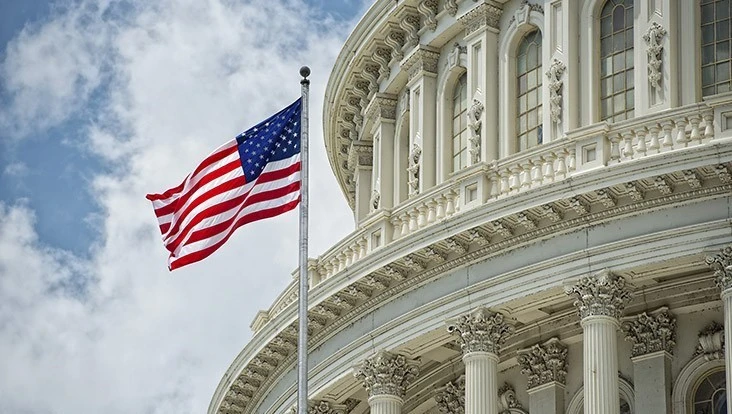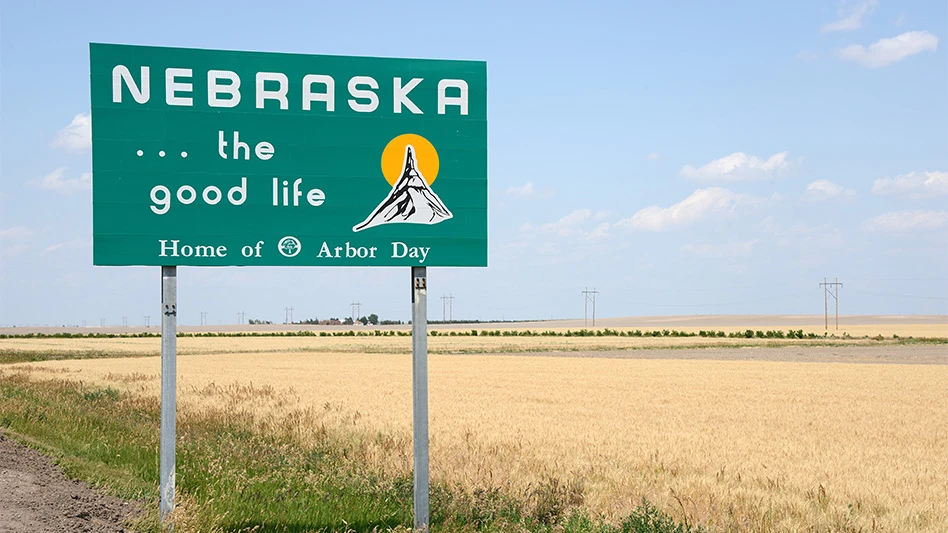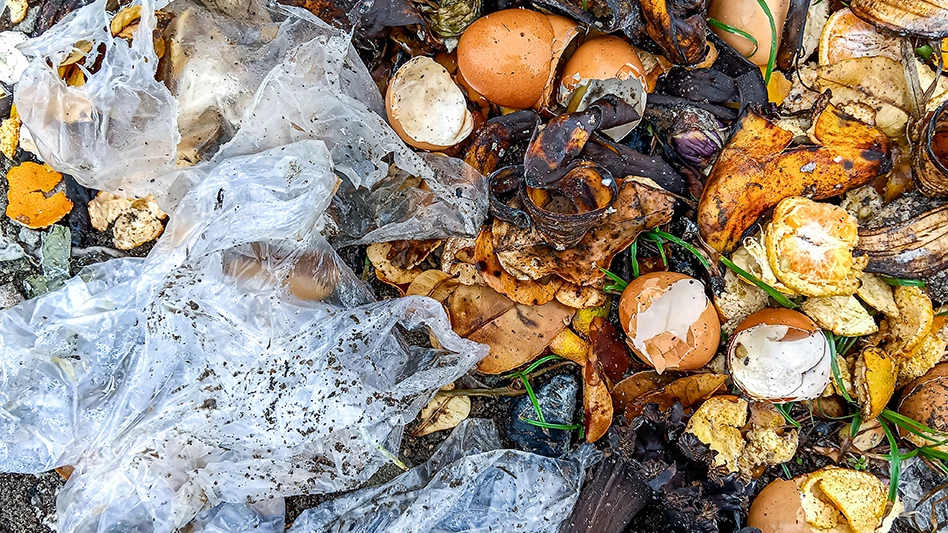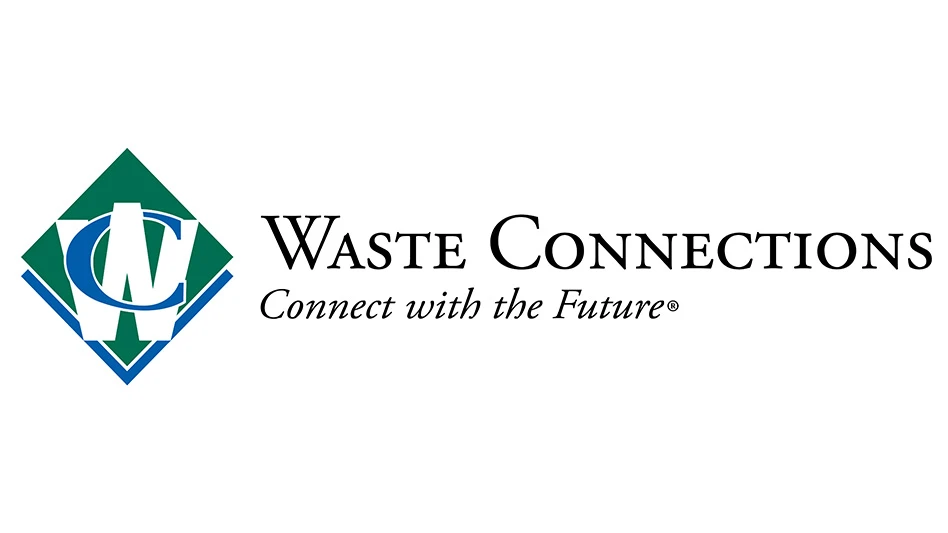
Missouri and New Hampshire both passed advanced recycling legislation within the last month. Missouri’s H.B. 2485 and New Hampshire’s S.B. 367 enable the states to regulate advanced recycling technologies as manufacturing operations rather than as solid waste disposal operations.
Missouri Gov. Mike Parson signed H.B. 2485 into law July 1. Parson says this legislation “will help reduce plastic waste and allow more used plastic to become valuable new products, all while creating jobs and encouraging investment” in Missouri.
“Companies all over the country are investing billions in these [types] of recycling facilities,” he says. “With this new law on the books, they will know Missouri is open for business, and our citizens will know we are serious about a clean, sustainable Missouri.”
Environmentalists have expressed opposition to H.B. 2485, while those in the plastics industry have supported it. Critics are concerned the policy will leave citizens more vulnerable to being exposed to dangerous chemicals.
New Hampshire is the first state in New England to pass advanced recycling legislation. New Hampshire Gov. Chris Sununu signed S.B. 367 into law June 17.
“Fewer plastic in landfills is a good thing, and I commend the legislature for supporting this commonsense environmental initiative,” Sununu says.
According to a news release from the Washington-based American Chemistry Council (ACC), 20 states have passed advanced recycling legislation to date, including Missouri and New Hampshire.
“Over the past five years, 40 percent of states in this country have signed advanced recycling legislation into law, demonstrating that recognition of these innovative technologies and their immense potential is rapidly growing,” says Chris Jahn, president and CEO of the ACC. “Advanced recycling diverts plastics from landfills, decreases greenhouse gas emissions, and helps create new jobs and revenue streams.”
Latest from Waste Today
- Taurus RNG awarded funding for integrated anaerobic digestion, carbon sequestration facility
- EPR implementation working group adopts nationwide focus
- Terex reports higher Q4 sales, strong bookings to close 2025
- Mardi Gras sustainability initiative collects 14K pounds of recyclables
- Republic Services appoints Ian Craig to board of directors
- Phoenix Public Works Department proposes solid waste rate increases
- EQT, Blackstone Infrastructure to acquire Urbaser
- Colorado county extends hazardous waste management contract with Clean Harbors





